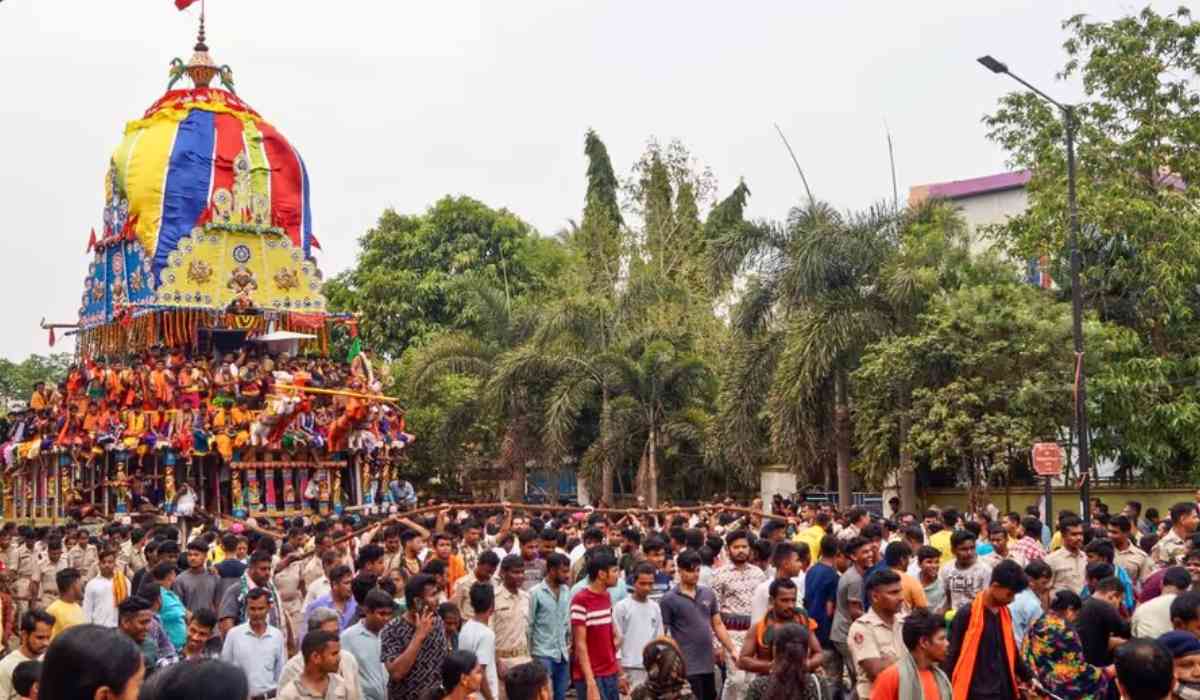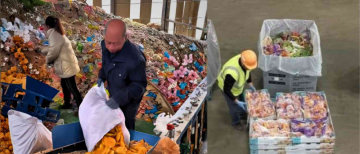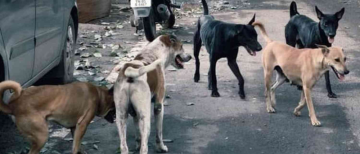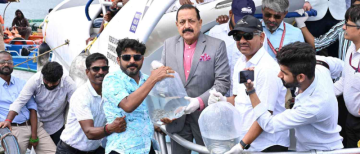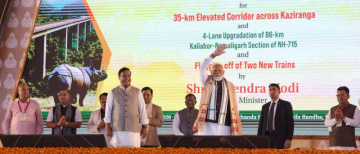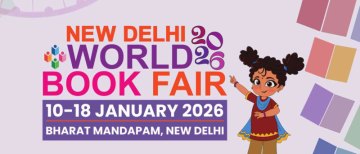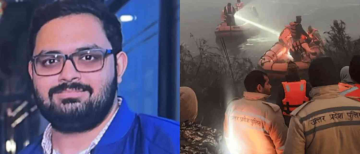For the first time in 629 years, the historic Rath Mela in Jalalpur, Malda district, West Bengal, has been stopped. The decision has sent shockwaves across the state and sparked a heated debate about heritage, communal harmony, and the real reasons behind the ban. Is this a case of necessary law enforcement, or is Bengal’s rich cultural heritage being silenced?
What Happened: The Real Cause
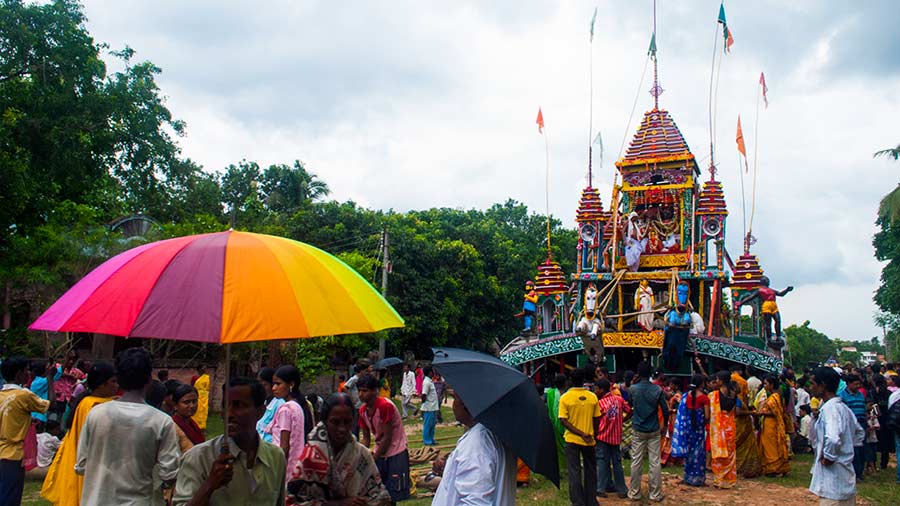
The Rath Mela, an annual chariot fair held near the Sri Mahaprabhu Temple, is more than just a religious event. For centuries, it has been a week-long celebration, bringing together people from all communities, boosting the local economy, and preserving a unique tradition. This year, however, the local police, under the Trinamool Congress (TMC) government, denied permission for the Mela, citing “law and order” concerns. The Rath Yatra procession itself was allowed, but the accompanying fair, which draws large crowds, was not.
Authorities pointed to a recent rise in anti-social activities, including serious crimes like murder, during previous editions of the Mela as the reason for the ban. The administration claims that these incidents made it necessary to take preventive action to ensure public safety.
What Organisers and Locals Say
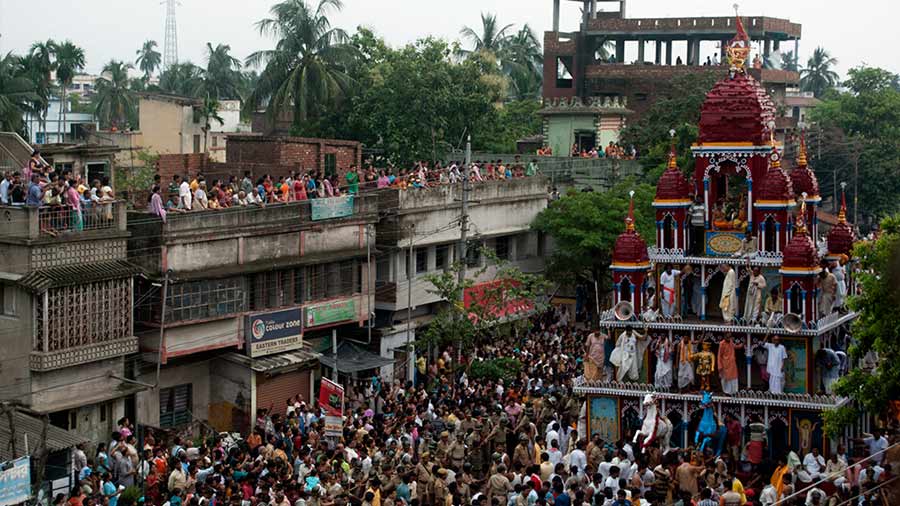
The organisers and many locals are not convinced by the “law and order” explanation. They argue that the Rath Mela has survived centuries of change, including the Mughal and British eras, without interruption. Gautam Mandal, Secretary of the Rath Yatra Committee, said,
“This fair has been celebrated since before Babur and the Mughals arrived in India. Stopping it now is nothing but vote-bank politics”.
The Mela is not just a religious gathering; it is a lifeline for local businesses and artisans, and a symbol of communal harmony, as people of all backgrounds participate. The organisers have decided to approach the District Magistrate and even the courts in hopes of reversing the decision.
Political Reactions and the Role of Media
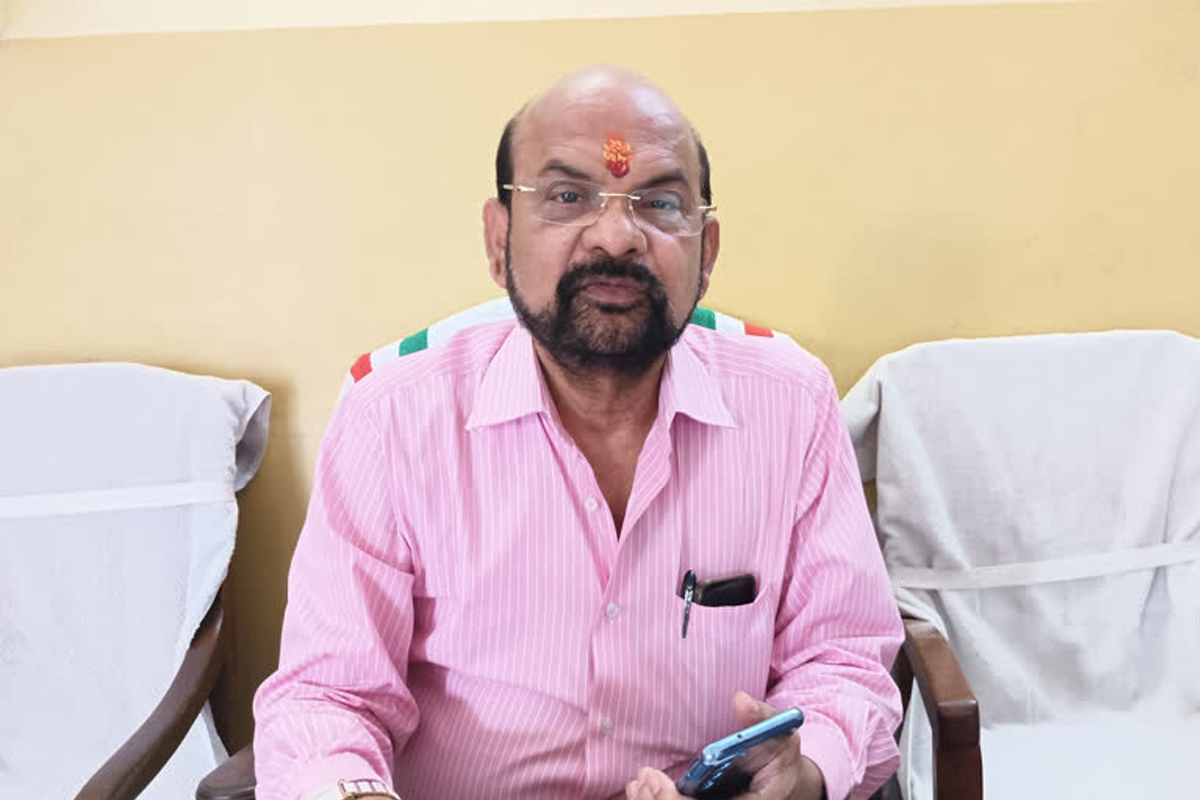
The decision has quickly become a political hot potato. The TMC’s State General Secretary, Krishnendu Narayan Chowdhury, supported the police, emphasizing the need to maintain peace. The BJP, however, accused the state government of targeting Hindu festivals for political reasons and claimed the police were acting at the behest of the ruling party.

Meanwhile, some media outlets and social media users have fueled the controversy by suggesting a deeper agenda. Terms like “vote bank politics” and “appeasement” are being used, while others accuse the media of spreading fake news and stoking communal tensions. This has led to confusion and anger among ordinary people, who are unsure whom to believe.
The ‘Halal Prasad’ Controversy and Double Standards?
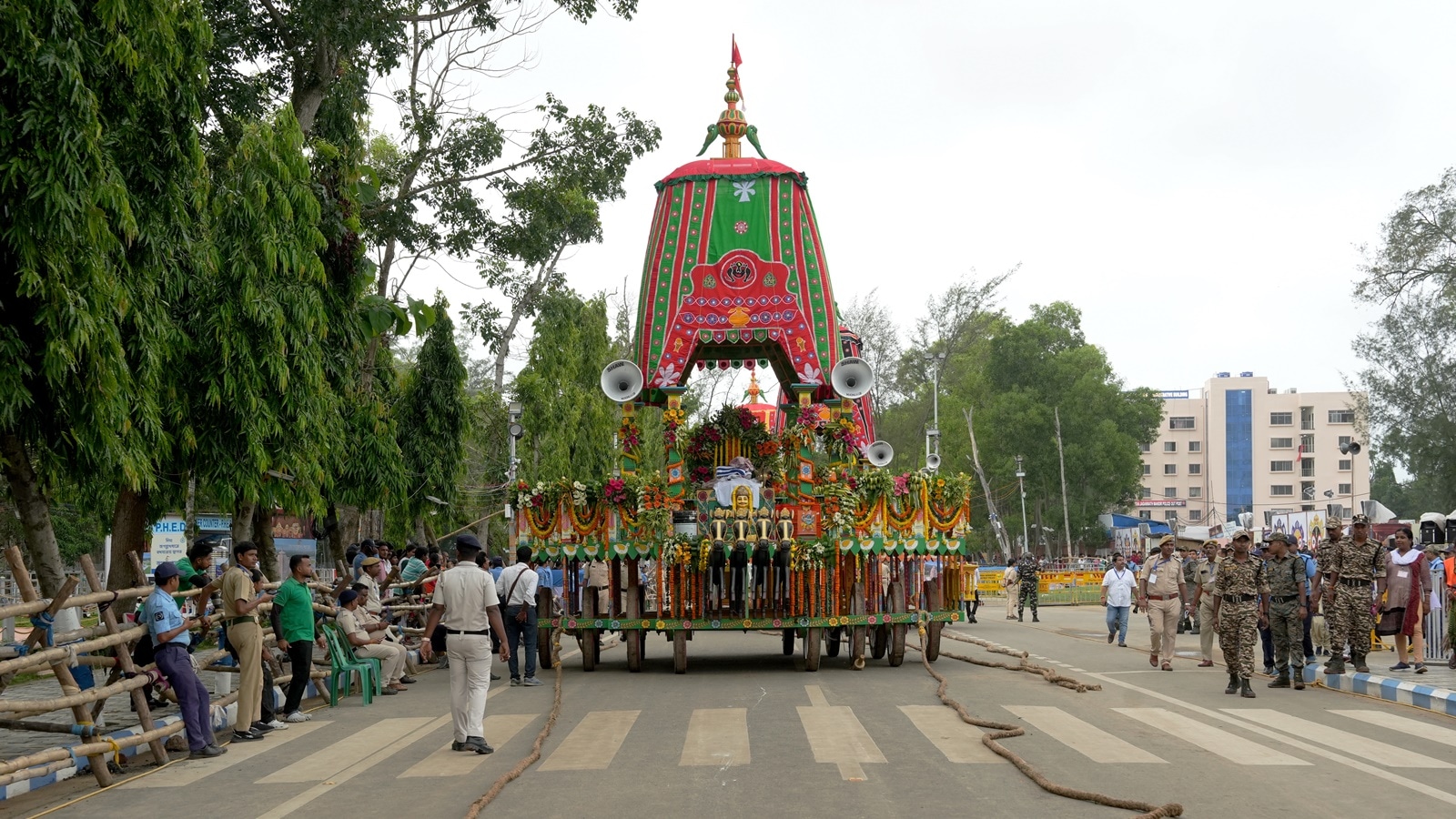
The Rath Mela ban comes close on the heels of another controversy: the distribution of “halal prasad” at the newly built Jagannath temple in Digha, West Bengal. The state government has been accused by some political groups of allowing prasad (holy offerings) to be prepared by Muslim-owned sweet shops, which they claim hurts Hindu sentiments.
This has raised an important question: If prasad can be shared with people of all communities during Durga Puja and other festivals, why is there a problem with Muslims preparing or receiving prasad during Rath Yatra? Many in Bengal point out that sharing prasad across communities has long been a tradition, and targeting one group or festival undermines the spirit of unity.
Is Digha Jagannath Dham the Real Reason?

Some insiders and critics suggest that the growing focus on the new Jagannath Dham in Digha may be part of the reason for the Rath Mela’s cancellation. The new temple, modeled after the famous Jagannath temple in Puri, has become a major attraction since its inauguration. There is speculation that the state government wants to draw more visitors to Digha, potentially at the expense of older, local traditions like the Rath Mela in Malda. However, there is no official statement confirming this theory.
Heritage, Harmony, and the Road Ahead
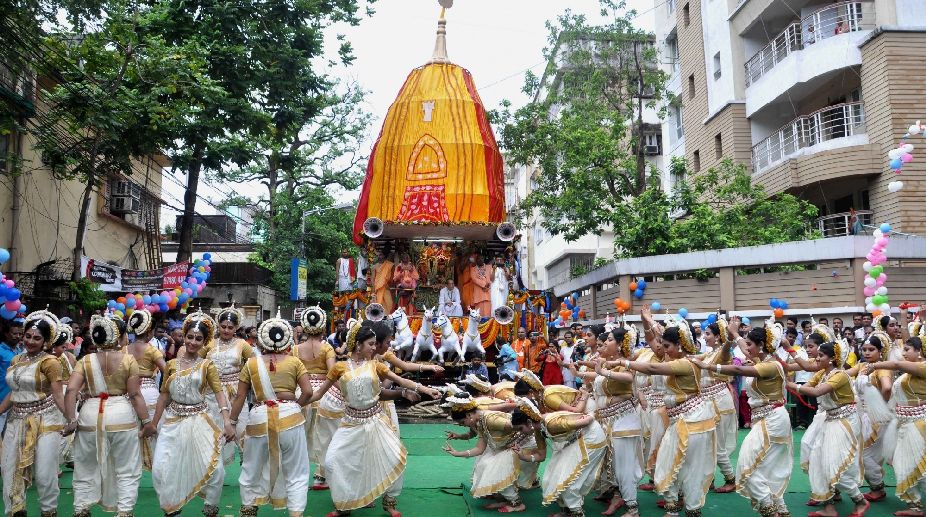
The stopping of the Rath Mela has brought to the forefront several key issues:
-
Preservation of Heritage: Can a centuries-old tradition be halted so abruptly? What does this mean for Bengal’s cultural heritage?
-
Communal Harmony: The Mela has always been a festival for all, with prasad shared across communities. Is this spirit being lost in today’s political climate?
-
Law and Order vs. Tradition: While public safety is important, many ask if there were alternative ways to address security concerns without cancelling the entire fair.
-
Media’s Role: The spread of fake news and sensationalism by some media outlets has added to the confusion, making it harder for people to understand the real issues.
Final Thoughts
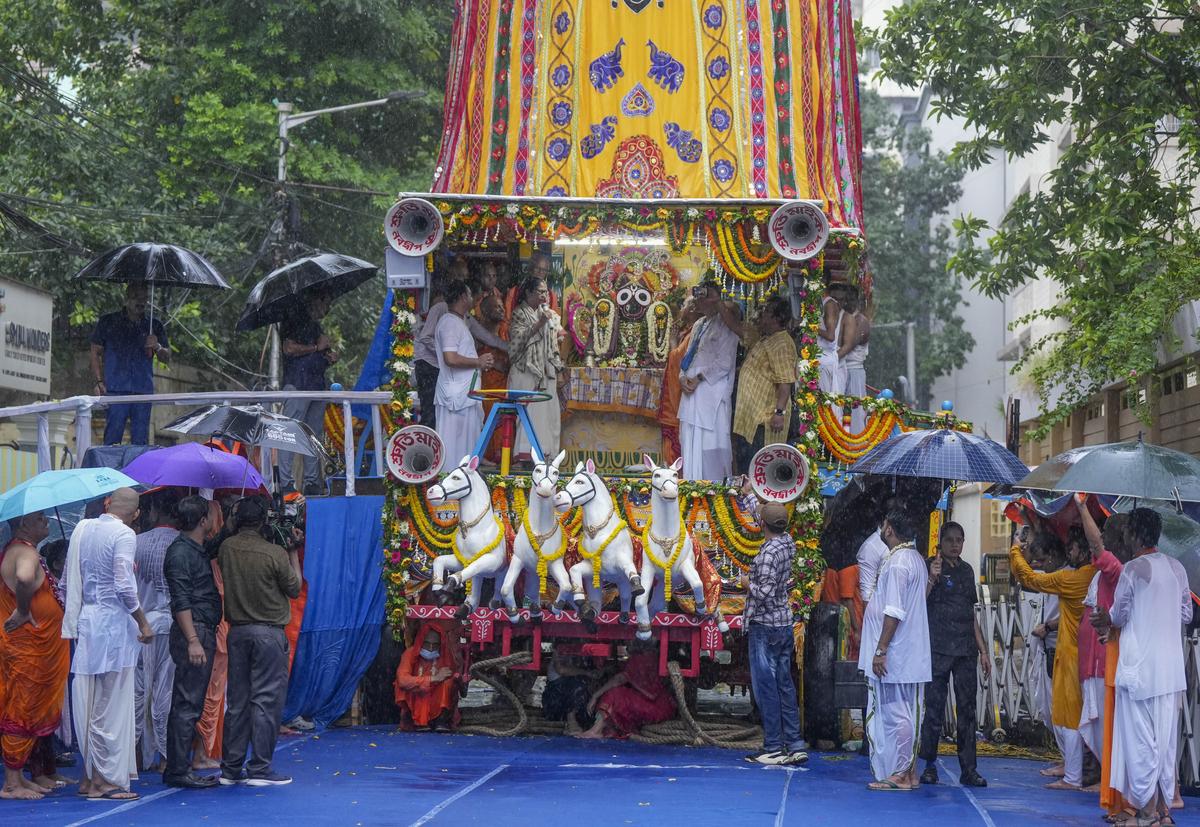
It is clear that the Rath Mela’s cancellation is not just about one event, but about the larger questions of how we balance tradition, safety, and inclusivity. While authorities must ensure law and order, it is also vital to protect the cultural fabric that binds communities together. The controversy over prasad highlights the need for mutual respect and understanding, rather than division.
As the organisers take their fight to the courts and the debate continues, Bengal must ask itself: Are we doing enough to protect our heritage and promote harmony, or are we letting politics and misinformation silence the traditions that define us?
With inputs from agencies
Image Source: Multiple agencies
© Copyright 2025. All Rights Reserved Powered by Vygr Media.

